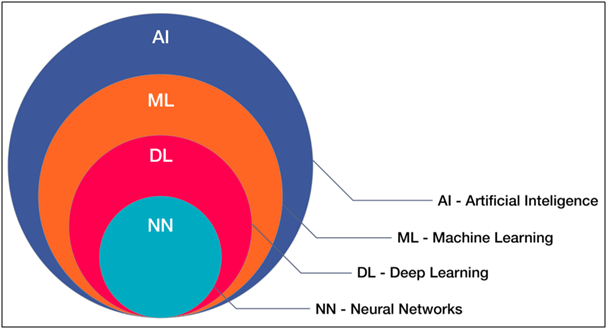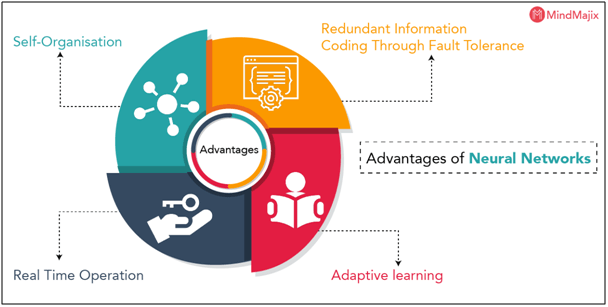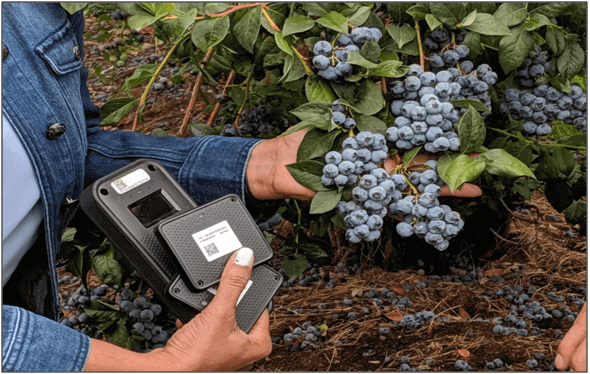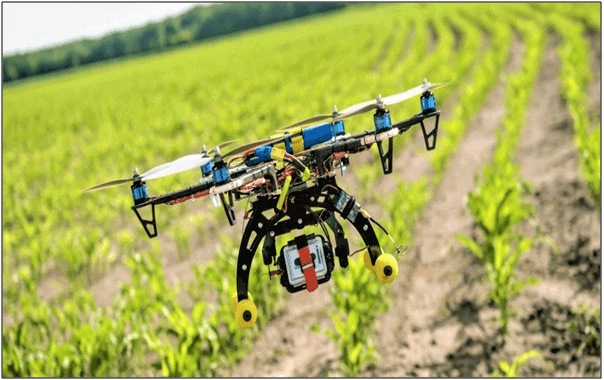The population in the world is expected to growth from 7.7 billion to 9.7 billion by year 2050 according to United Nations. And we are in the global warming effects which cause shortage of the supply in agriculture productions in next few decades. With the advance of digital technologies development, one of the must use in digital technologies to overcome the problem of agriculture supply chain is Artificial Intelligence technology.
This article explores how farmer entrepreneurs can look into the application of artificial intelligence for agriculture supply into areas such as farm production process, distribution, transportation, pricing that can control the consistency of agriculture supply chain effectively.
Table of Contents
Understanding Artificial Intelligence
Artificial Intelligence (AI) is a technology that use the simulation of human intelligence processes by 3 subsets component such as Neural networks, Machine learning and Deep Learning. Robotic Process Automation is not part of AI but it can automate the production process without any manpower needed.

Neural network is similar work like the task performed by neurons of human brain. Their main aim is to solve complex problems like visual recognition, natural language processing and data analysis. The diagram below illustrates the advantages of Neural Networks.

Machine Learning is a subset of AI, is enables a system to learn from data rather than through explicit programming. It’s uses a variety of algorithms to allow the computers learn automatically without human intervention or assistance and adjust actions accordingly. Machine learning requires right set of data to perform learning. Machine learning algorithm can be categorized into either supervised or unsupervised machine algorithm. Supervised machine algorithm is described in the mathematically where you have put variables (x) into a function to give output (Y), and this is used to learn as mapping functions to let you input different new input data to get the output possible results, Y = f (X). Unsupervised machine algorithm is a machine learning technique that you do not need to supervise the model. This algorithm is used to find all kind of unknown pattern in data to discover interest of relationships between variable in the database.
Deep learning is another subset of AI, its function is to mimic the working of human brain in processing data for use in decision making and also able to learn from the data that is both unstructured and unlabeled which can help to detect fraud.
Agricultural Supply Chain
Many farmers do not have good knowledge about agricultural supply chain. They produce their agriculture products and sell to middlemen where they can only make very marginal profit. In today, farmers can be learning basic knowledge of supply chain which can make their financial improving with provide competitive advantage and serviceability to reach out their consumer and let customer stay loyalty to their brand. Agricultural supply chain includes all process from supplier, farming, processing, distribution, retail and consumer, as shown in the diagram below.

With supply chain knowledge, the business decision to implement Artificial Intelligence involves 4 areas of the supply chain:
1. Supplier management
2. SMART Farming
3. Autonomous Transportation
4. SMART Retail
AI in Supplier Management
With Artificial Intelligence application into supplier management, a single digital procurement platform that consists of supplier management enablers which you can digitalized all supplier information from supplier registration, evaluation, supplier approval, supplier rating, risk and compliance and data analytic.
• Supplier Registration, Evaluation and Approval is a basic of procurement to sourcing process which identify the supplier registration from company basic information, financial health check, evaluation to their products and managements system and ensure the approval process is transparency according to company policy in the systems.
• Supplier rating, risk and compliance become very important in procurement policy where supplier risk management is part of quality management systems process. Supplier can view their rating classification in their logon into buyer procurement systems and their acceptance of risk and compliance term and conditions through digital acceptance.
• Data Analytics provide effectiveness AI in supervised and unsupervised algorithms which can spot the unusual pattern of relationship of stakeholders and supplier relationships to detect fraud management that not provide good quality of soil nutrients to grow a good healthy agriculture product.

AI in SMART Farming
With these decades of Industrial 4.0, more IoT chips and sensor was developed with capabilities to provide real time digital data input for agriculture industries to be more effective to control and monitor their production in soil management, water management and plant management. Robotic Processing Automation can be applied in harvesting process be part of data integration with AI agriculture supply chain.
• Soil and Water management can be effectively managed by implant the measuring sensor device that is battery operated that can be wireless connected to cloud technology that provide all real time digital measurement data such as soil moisture, soil temperature and air temperature that give better manage to provide the plants with a healthy environment to growth.AI can make decision to give farmer instruction to do their water management and fertilizing management from the deep learning process.
• Plant management, agriculture drones is developed for better plant management by capturing images of weeds and plants conditions that using AI machine learning algorithms to identify the activation of weed management by laser burning and effectively manage the plants which affect by insects attacked. And as well to monitor the healthiness of growing plants in the big fields which traditionally is impossible to do it in real time decision.

AI in Autonomous Transportation
Agriculture Product is a non-durable product which the life cycle is very short less than a week which effective transportation is a crucial in the supply chain process with minimum transportation risk and give accurate real time delivery time to the customer which give good responsive to customer order within the order fulfilment.
The full content is only visible to SIPMM members
Already a member? Please Login to continue reading.
References
Abdul Kareem Mohamed Yasin, GDSCM. (2018). “AI Technologies Enhancing Supply Chain Management“. Retrieved from SIPMM: https://publication.sipmm.edu.sg/ai-technologies-enhancing-supply-chain-management, accessed 15/12/2019.
John Brownlee. (2019). “14 different type in machine learning”. Retrieved from https://machinelearningmastery.com/types-of-learning-in-machine-learning/, accessed 15/12/2019.
Nillian Low, ADPSM. (2019).”Integrating IoT for effective supply chain“. Retrieved from SIPMM: https://publication.sipmm.edu.sg/integrating-ai-iot-effective-supply-chain, accessed 15/12/2019.
Sigfox.com. (2019). “IoT soil condition monitoring sensors will optimize agriculture through data”. Retrieved from https://www.sigfox.com/en/iot-soil-condition-monitoring-sensors-will-optimize-agriculture-through-data-2, accessed 15/12/2019.
Swetketu Trivedi. (2019). “How AI will change the retail industry?”. Retrieved from https://medium.com/datadriveninvestor/how-ai-will-change-the-retail-industry-in-2019-c817091c6306, accessed 15/12/2019.
United Nation.(2019). “The world population prospects 2019 Highlights”. Retrieved from https://population.un.org/wpp/Publications/Files/WPP2019_Highlights.pdf, accessed 15/12/2019.
Vaishnavi Putcha. (2019). “Role of Neurol Networks in Artificial Intelligence”. Retrieved from https://mindmajix.com/neural-network-in-artificial-intelligence, accessed 15/12/2019.

